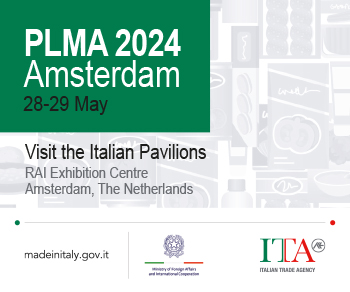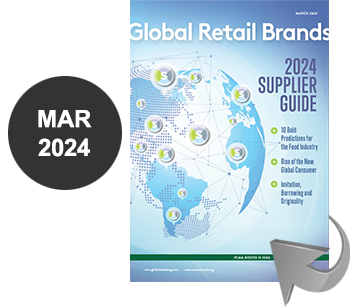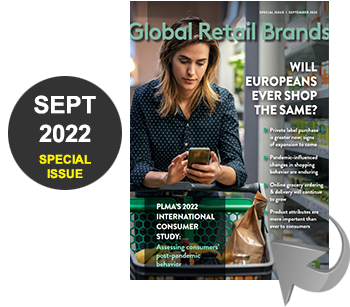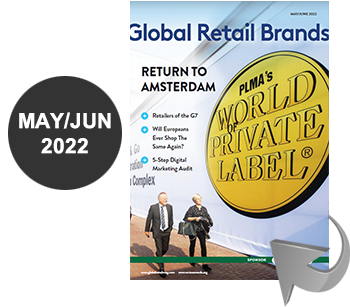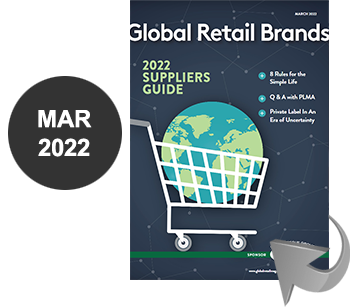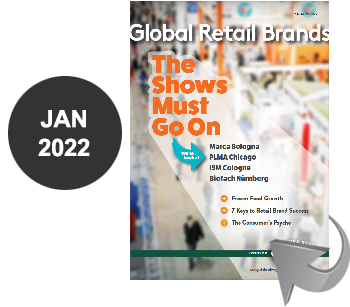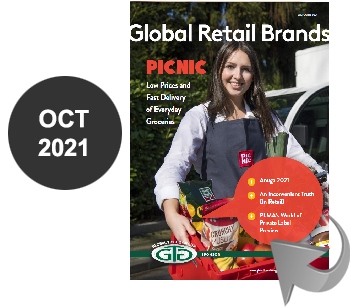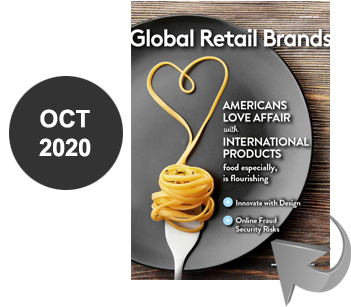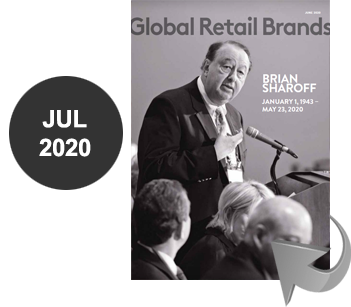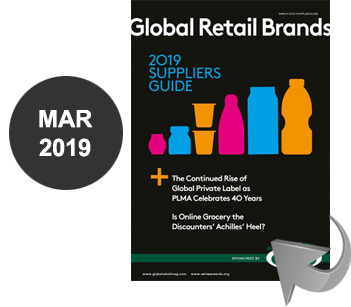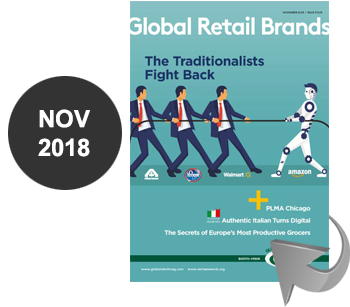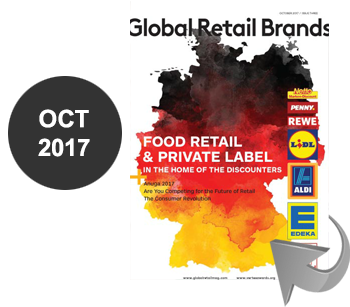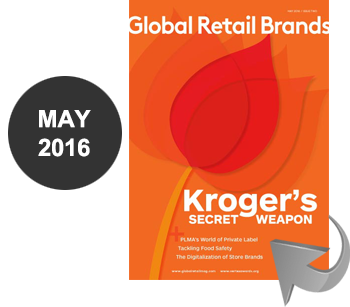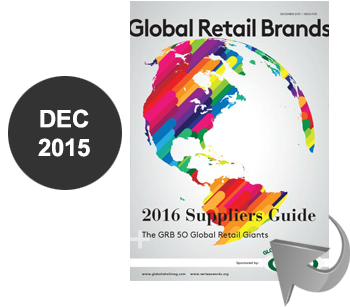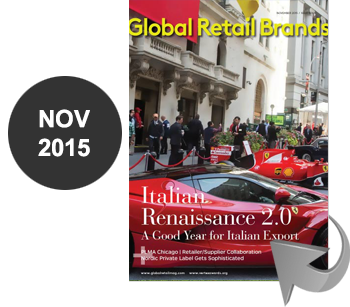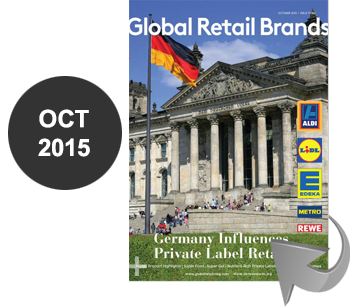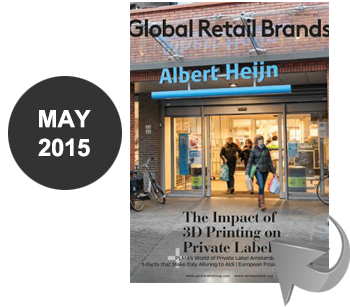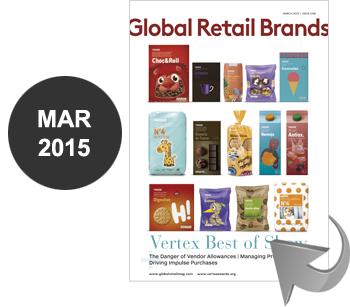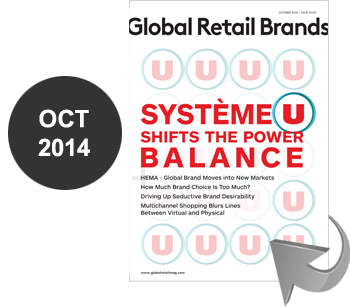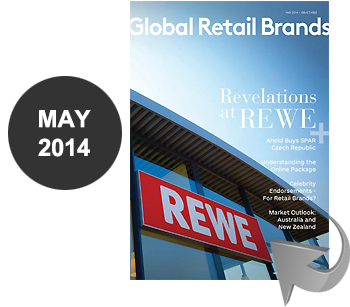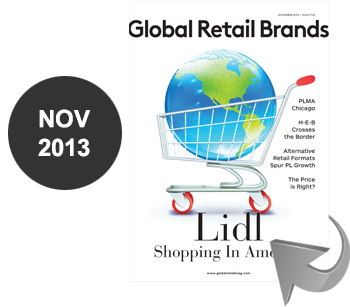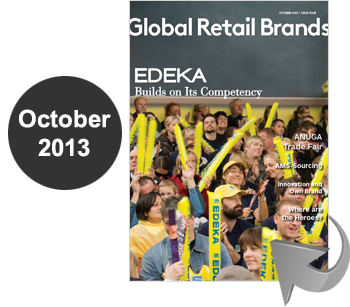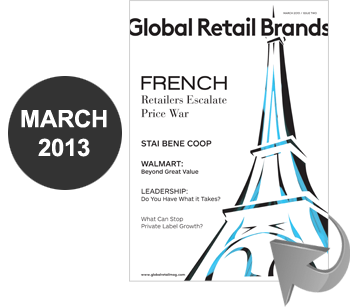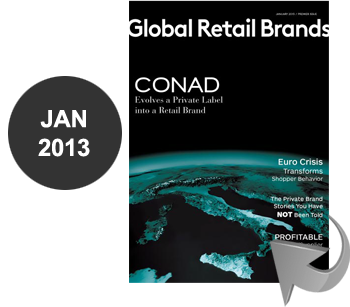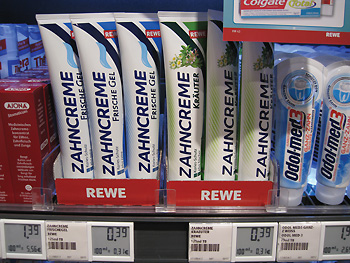 Written / MATTHIAS QUECK, RESEARCH DIRECTOR, PLANET RETAIL
Written / MATTHIAS QUECK, RESEARCH DIRECTOR, PLANET RETAIL
German hard discounter Aldi is reportedly planning to add manufacturer brands to its drugstore ranges. Lebensmittel Zeitung has learned that Aldi Nord and Aldi Süd are negotiating with major manufacturers such as Beiersdorf (Nivea), L’Oréal, Henkel, Procter & Gamble, Colgate-Palmolive and Nestlé. The latter, however, has denied any talks while the other companies have made no comment on the report.
More brands mean that Aldi is at greater risk of price attacks from rivals. The discounter has recently lowered the prices for the Heinz baby food range in the UK.
To date, Aldi’s drugstore ranges have consisted exclusively of private labels, despite the presence of several national brands in other categories. Aldi wants to revive sales in the category by attracting more young families and by poaching customers from drugstores and rival discounters. In order to market the move, Aldi is even considering highlighting branded products in its advertising for the first time, including in TV spots.
The move should not come as a big surprise, following the introduction of selected leading brands by the discounter in various countries. When it comes to the drugstore categories, Aldi Süd has been offering a relatively broad range of branded goods in Hungary for some time, including brands from Procter & Gamble, Johnson & Johnson and Henkel. It is part of Aldi’s international efforts to become a one-stop shopping destination.
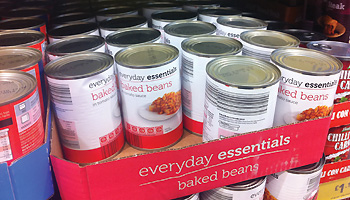 DIRECT CHOICE: PRIVATE VERSUS BRANDED >>
DIRECT CHOICE: PRIVATE VERSUS BRANDED >>
For Aldi Süd in Germany, the news about the introduction of extra brands has thus far remained a storm in a tea cup or, should we say, a Nutella jar. Nutella, Ferrero’s hazelnut spread, has been the only addition up until now since the news broke in spring, but it is nonetheless noteworthy.
Unlike other Ferrero products – and other branded products Aldi Süd (but not Nord) has been selling for years or even decades – what is new is that the brand is being offered alongside Aldi’s own brand version, and not instead of it. The shopper now has a choice between Aldi’s Nutoka and Nutella, while other brands were previously only offered when the retailer was unable to find a qualitatively appropriate private version.
IMPLICATIONS >>
• The new thing about Aldi adding more brands is that the hard discounter will very likely offer them in addition to its private labels, not instead. This means that private label suppliers will not lose the full product turnover, but suffer massive volume declines.
• Aldi’s plans to add brands to its health & beauty care ranges will be glad tidings for the brand manufacturers concerned, due to the promising volumes in Germany and abroad. But only the strongest brands will thus be strengthened, with their best selling products – ideally in different pack sizes to avoid direct comparison.
• Do not expect Aldi to initially pull down the price level. However, reactions from competitors such as drugstore retailer dm may run the risk of initiating a downward price spiral.
In its food departments, Aldi has been able to cultivate customers’ tastes over the years by accelerating the innovation cycle. However, this is in stark contrast to its drugstore ranges. There, besides one or the other weekly ‘special buys’, the hard discounter has been broadly unimaginative.
This does not mean that Aldi has not been active at all. But in contrast to its everyday products, it has only been the slow-moving HBC ranges where Aldi has attempted to be innovative, such as deco cosmetics and anti-wrinkle crèmes. Oh yes, and not to forget that Aldi was among the first to add a sixth blade to its men’s razors – perhaps because it was easy to imagine what would come next after the brand industry’s introduction of the five-blade version.
NO GREAT EFFORTS >>
But surprisingly, Aldi has not even noticeably tried to make its everyday HBC products more attractive. In the light of the continuous efforts its drugstore competitors, namely dm, have been ploughing into constant redevelopments, improvements, redesigns and relaunches of their basic ranges, Aldi’s shower gels and shampoos are not products one would want to treat oneself to in the bathroom just after getting up in the morning.
While it has always been the ‘rationally minded’ customer that Aldi has served well, it has never really understood how to appeal to the increasingly irrational or, perhaps emotional, demands of the drugstore shopper. Instead, it has dismissed the HBC category as ‘non-core’ and, when in doubt, played the price card, resulting in incredibly low price levels for drugstore goods. The huge price gap between its private labels and leading brands, originally thought to demonstrate the retailer’s strength, has paradoxically become indicative of a lack of credibility. Again, what is strange is that Aldi has not even tried to be more innovative in its basic drugstore ranges, and as a consequence will be leaving the field to a handful of leading brands and their advertising power.
But not even the price game has really been won. In the food categories, Aldi has managed to impress upon its German competitors not to try to undercut the discount leader in price. In the HBC arena, however, drugstore market leader dm is happy to lock horns with the Aldi simply by dint of going even lower. The only good thing is that promotional prices – which could undermine Aldi’s price leadership – will not represent a massive threat as dm is the one other major player in Germany besides Aldi that pursues a strict EDLP (everyday low price) philosophy.
That said, the promotional danger still looms from other competitors. This was recently seen in Austria, just after Aldi Süd’s listing of Coca-Cola. Hofer felt forced to cut the retail prices for the soft drink permanently by a third as it was assailed by promotional campaigns from its competitors. Similarly, Aldi in the UK has just lowered the prices on its relatively new Heinz baby food range due to competitive pressure. “Private labels mean independence”, Aldi has always said, and now it is feeling the pain caused by non-observance of this very principle.
Rewe has cut prices of hundreds of products to match them against the new benchmark, dm.
CAUSE FOR CELEBRATION? >>
The listing of brand leaders will surely give sales a boost, and may cause rejoicing for manufacturers in the light of the massive additional volumes they can expect, in Germany and abroad. But it will only be the strong that will be strengthened further. While it can be seen as surrender – as it represents a deviation away from Aldi’s traditional private label philosophy – the move deprives other discounters of one of their primary USPs: the ‘Aldi plus leading brands’ concept.
The strategy also comes at a time when the German drugstore sector is undergoing dynamic changes. However, this seems to be pure coincidence. After the recent spectacular failure of Schlecker – once the leading drugstore retailer with more than 10,000 stores across the country – all grocers are hungry for a larger share of the market.
In order to win over former Schlecker customers, Aldi’s plans – and remember that the launch of drugstore brands is still at the planning stage – may come too late as all German Schlecker stores have already been closed down. Meanwhile, grocery market leaders Edeka and Rewe Group are investing in improved drugstore departments in their supermarkets, and are busy extending their own private label lines.
At the same time, price pressure has significantly intensified. During Schlecker’s existence, its relatively non-aggressive pricing was regarded as an easy-to-match benchmark by the supermarket operators. Now that it has vanished from the map, the far more forceful new leader dm has emerged to set a new standard. But matching prices with dm can easily translate into a permanent reduction of up to 40% for some products. Consequently, Edeka and Rewe Group have partly lowered prices of more than 1,000 products. This does not only include brands. Rewe has recently adjusted product prices of its eponymous standard private label to match the economy levels of dm and Aldi.
So, should dm pick up the gauntlet thrown down by Aldi’s decision to list leading drugstore brands, a price war fought with the means of EDLP would only perpetuate the destruction of profit margins.

